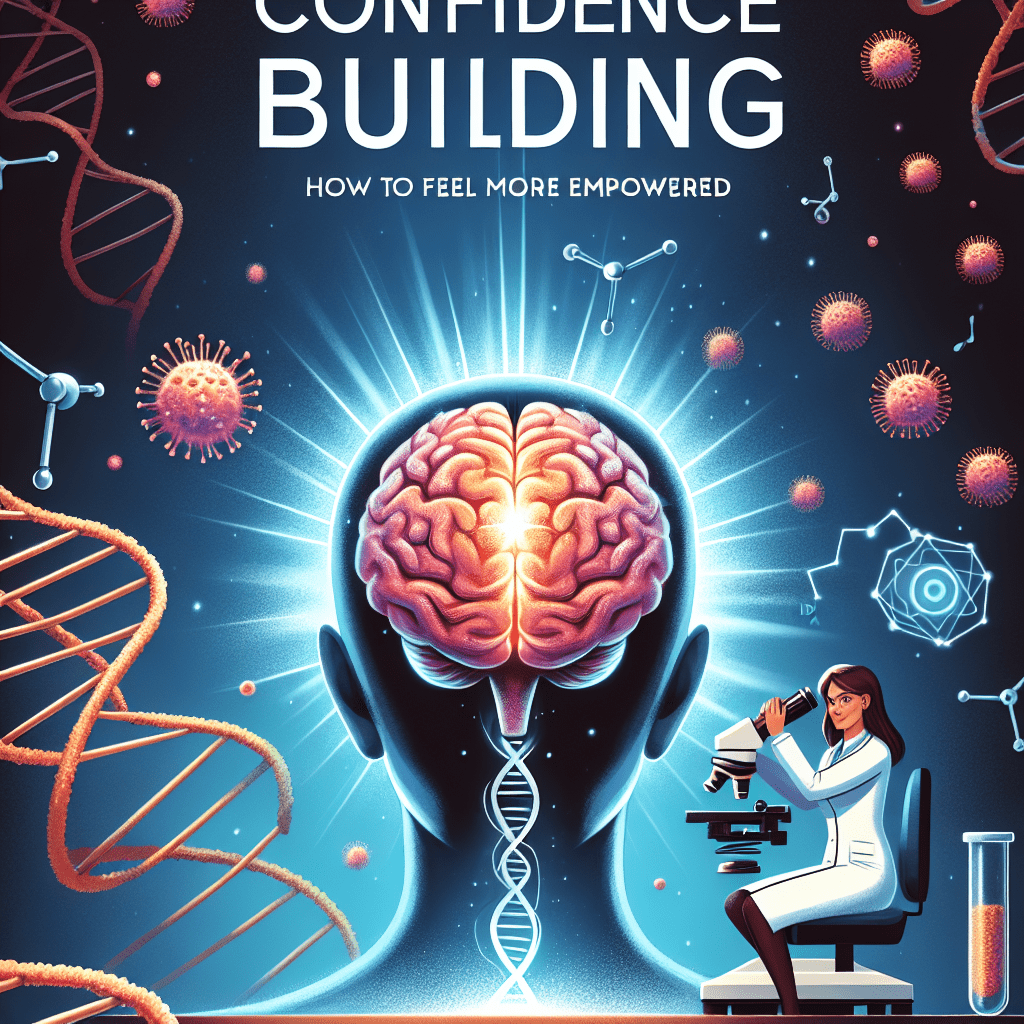Confidence is a powerful trait that can significantly impact how we feel about ourselves and how we interact with the world around us. Many people struggle with feelings of insecurity and self-doubt, but the good news is that confidence is something that can be developed and nurtured over time. In this article, we will explore the science behind confidence building and provide practical tips on how you can feel more empowered in your daily life.
The Science Behind Confidence
Confidence is often defined as a belief in one’s abilities and judgment. It is a positive and empowering feeling that can help individuals overcome challenges, take risks, and pursue their goals. However, confidence is not just a state of mind – it also has a physiological component. When we feel confident, our brains release neurotransmitters such as dopamine and serotonin, which are associated with feelings of pleasure and well-being. This can create a positive feedback loop that reinforces our confidence and motivates us to continue taking action.
Research has shown that there are a number of factors that can influence our confidence levels. These include our past experiences, beliefs about ourselves, and the feedback we receive from others. For example, individuals who have received positive reinforcement in the past are more likely to feel confident in their abilities, while those who have experienced criticism or failure may struggle with feelings of self-doubt.
How to Build Confidence
Building confidence is a process that requires time, patience, and effort. Here are some strategies that can help you feel more empowered and self-assured:
- Set realistic goals: Break down your goals into smaller, achievable steps and celebrate your successes along the way.
- Challenge negative thoughts: Practice positive affirmations and challenge negative beliefs about yourself. Focus on your strengths and accomplishments.
- Take care of your body: Exercise regularly, eat a balanced diet, and get enough sleep. Physical health can have a significant impact on your mental well-being.
- Practice self-care: Take time for yourself to relax and recharge. Engage in activities that bring you joy and fulfillment.
- Seek support: Surround yourself with positive and supportive people who believe in you and encourage your growth.
Conclusion
Confidence is a valuable asset that can help you navigate life’s challenges with grace and resilience. By understanding the science behind confidence building and implementing practical strategies in your daily life, you can cultivate a strong sense of self-assurance and empowerment. Remember that confidence is a journey, not a destination, so be patient with yourself and celebrate your progress along the way.
FAQs
- Q: Can anyone become more confident?
- A: Yes, confidence is a skill that can be developed and improved with practice and dedication.
- Q: How long does it take to build confidence?
- A: Building confidence is a gradual process that varies from person to person. It may take weeks, months, or even years to see significant changes.
- Q: What if I struggle with low self-esteem?
- A: If you struggle with low self-esteem, it may be helpful to seek support from a therapist or counselor who can help you address underlying issues and develop healthy coping mechanisms.
Tip
Remember that confidence is not about being perfect or never making mistakes. It’s about believing in yourself and your abilities, even when faced with challenges. Embrace your uniqueness and celebrate your strengths, as they are what make you truly empowered and confident.
#Science #Confidence #Building #Feel #Empowered
